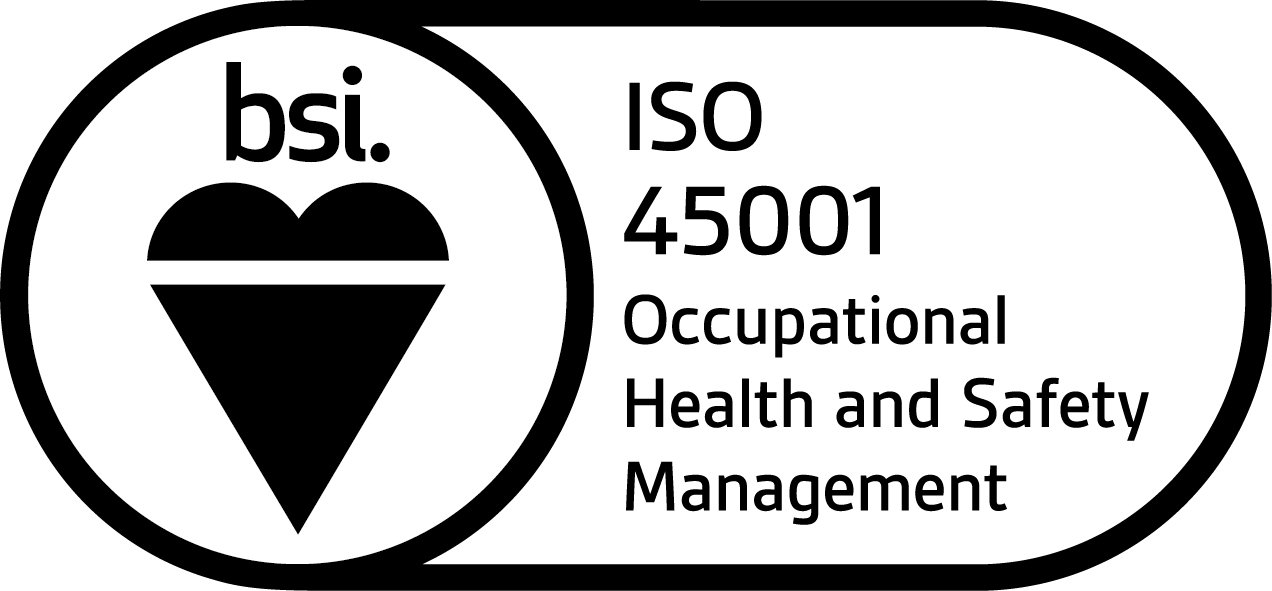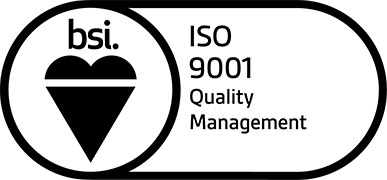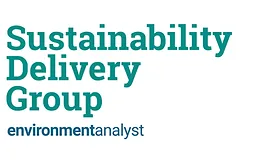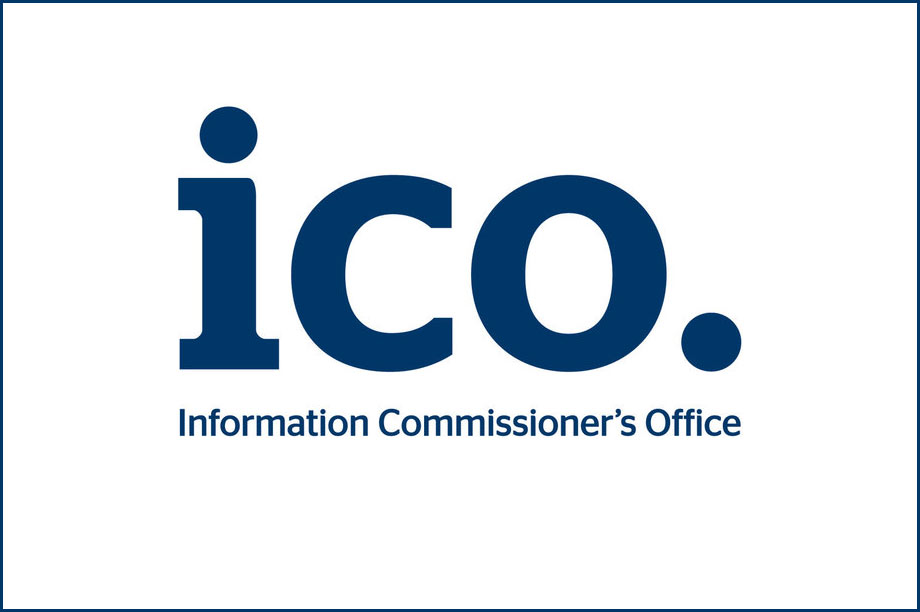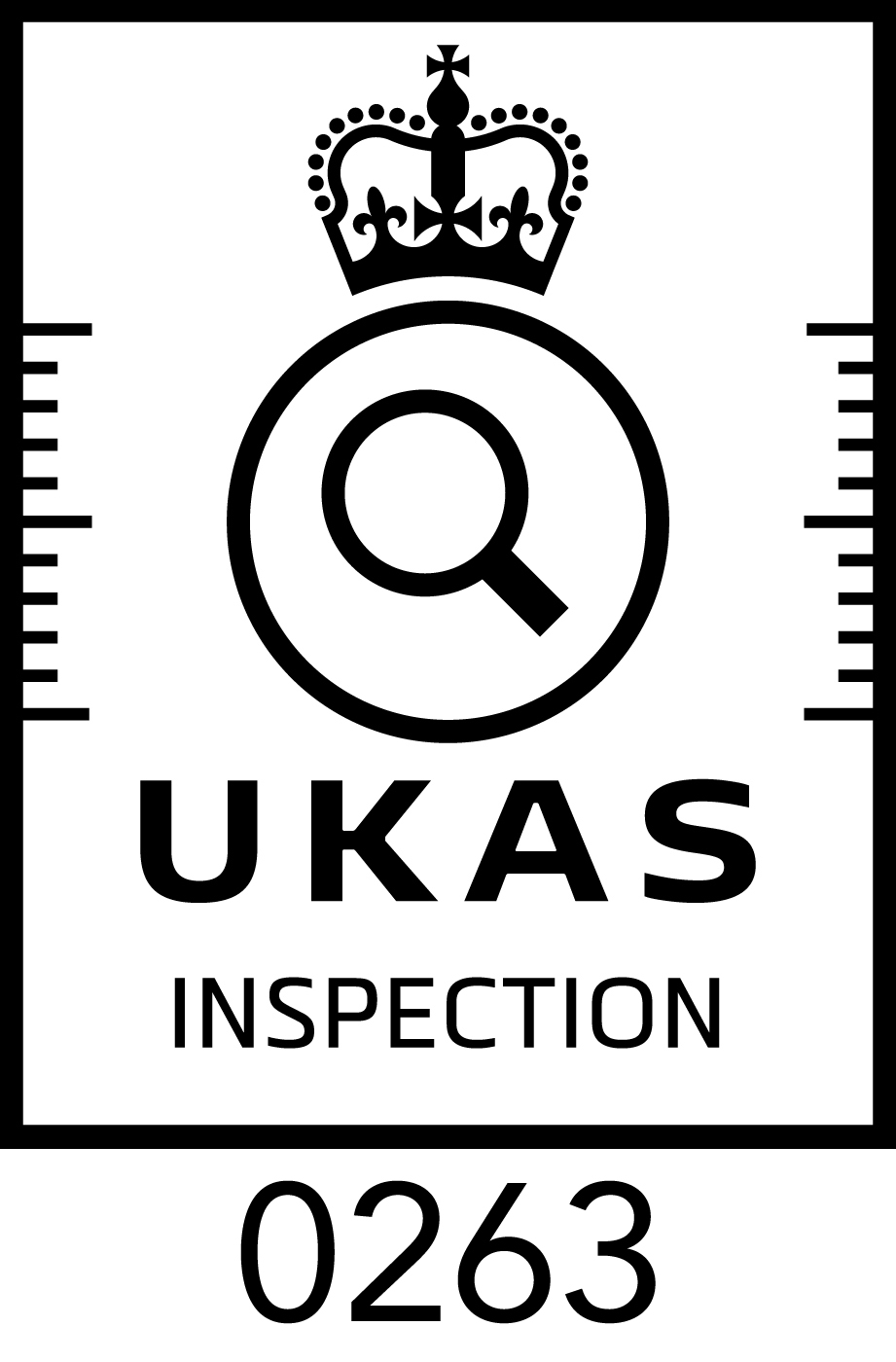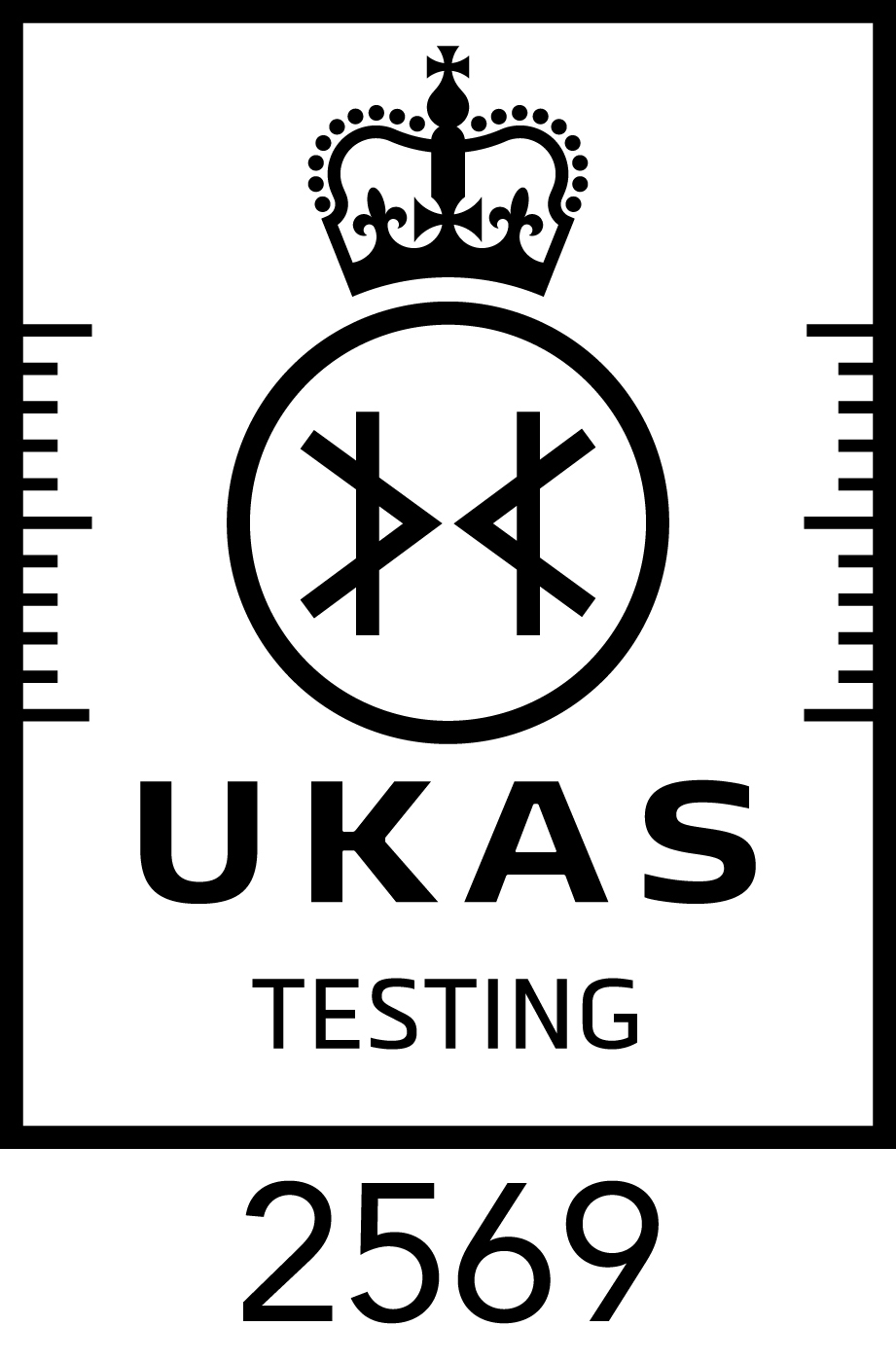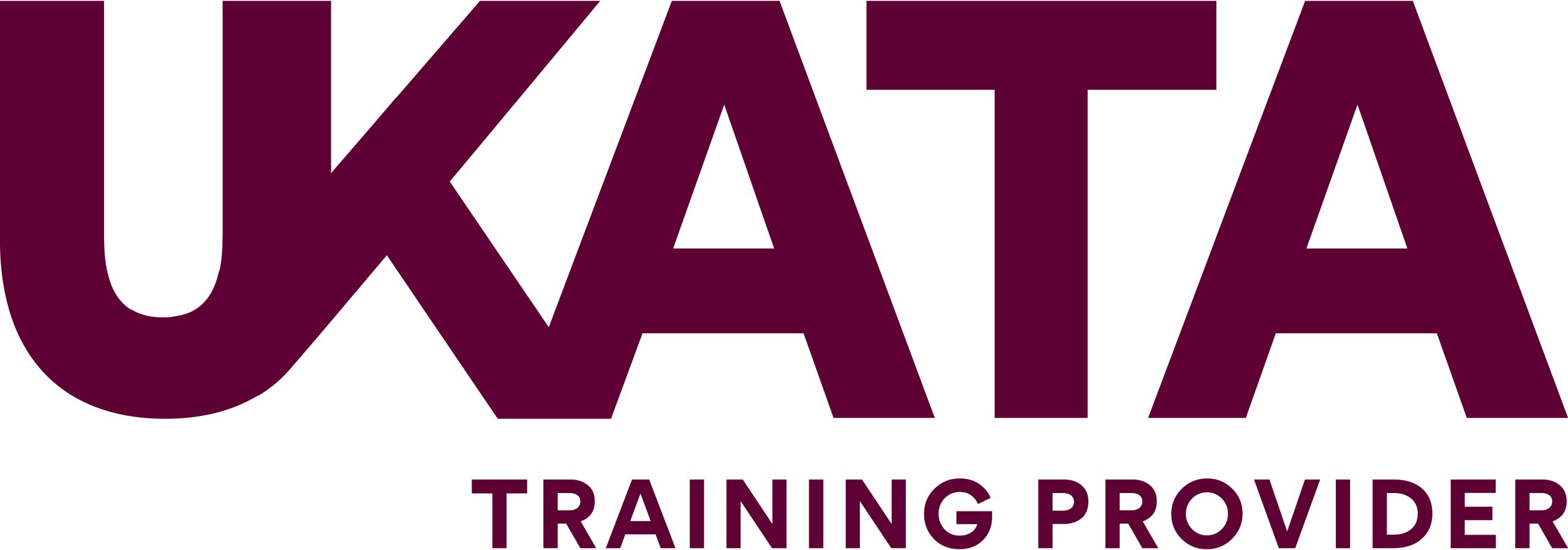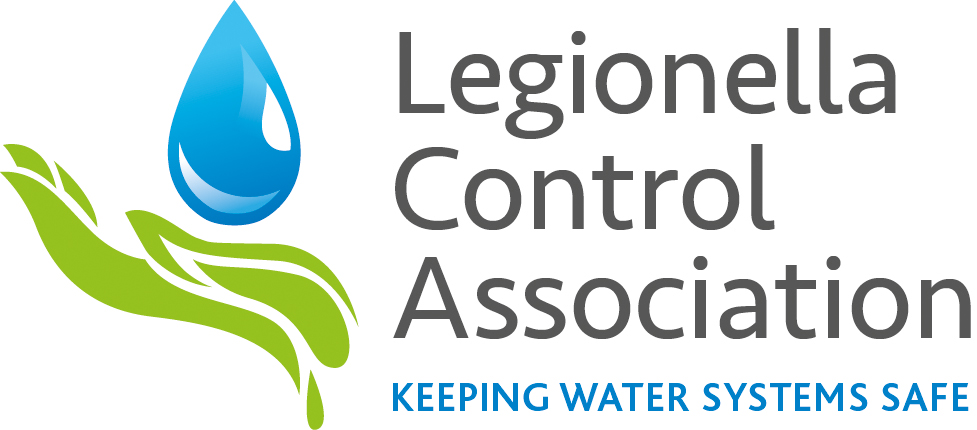Protecting people and planet
Protecting people and planet
Protecting people and planet
Protecting people and planet
Protecting people and planet
ESG and The Energy Crisis. Can We Keep Going?

Lucion Group
30th September, 2022
The Office of National Statistics (ONS) released figures in June 2022 that show all sectors of the economy are struggling under rising prices and inflation, particularly relating to the rise in the cost of energy. Over 77% of large UK businesses report that energy costs are a ‘board-level’ concern.
Because of this, addressing ESG (Environmental, Social and Governance), notably around Net Zero commitments in the property development and construction sector, represents an enormous challenge for policymakers, advisory, and commercial organisations alike.
How Can Businesses Get Started?
The first and most fundamental step is to recognize that ESG is good business and that it should be at the heart of every project, not an afterthought or an add-on. The vast majority of global businesses, and many regional businesses, have developed Net Zero targets for their organisation, alongside a range of other commitments.
Understanding the impacts of what we are undertaking is key. Under initiatives such as the EU Taxonomy (expected to be reflected in the UK Green Taxonomy) and through others such as TCFD and TCND, there are a range of drivers for sustainable construction and development. In addition, at this time, in particular, there has never been a stronger driver to focus on energy efficiency and local energy generation.
In a poll (Business Energy Tracker) of over 200 businesses, 55% identified sustainability measures as being their top investment priority, however alongside that 50% of those surveyed believe the energy crisis will have an effect on achieving Net-Zero. But there is no getting away from the climate crisis. Human activity is overloading the natural carbon cycle, which is unequivocal and unsustainable (IPCC 2021).
As the number of climate-related disasters increases, so does the economic cost to businesses. Small and medium-sized enterprises (SMEs) make up 99% of businesses in the UK, however many do not have the resources to implement ESG or sustainability initiatives effectively into their businesses. The government needs to provide clear guidance, support and incentives, while business leaders and larger corporations need to set the pace and lead by example. Companies also need to adapt to be climate resilient and better understand the risks posed by the increasing frequency of extreme weather events. Despite the energy crisis, we need to act quickly.
Proactive Action Is Good Business
Many companies, including the Lucion Group, are no longer waiting for policymakers to make positive changes within their business. There’s a mutual benefit to taking climate action now. Committing to climate action, installing ESG policies, and setting targets appeal to the client, the employee, and the modern investor.
Investors are increasingly focused on ESG factors as green or sustainable investment influences the investment market. And whilst many investors are showing caution regarding investment and divestment at this current time, plenty of investors continue to push their Assets Under Management (AUMs) to move to greener operations. Even in a crisis, green business is increasingly seen as good business, and, after all, who wants to be unsustainable?
How Are Other European Countries Reacting To The Energy Crisis?
The UK is not the only country to suffer. The global energy market has been in upheaval for years, and Europe is facing a crisis. Multinational businesses now also have to think about where their energy is coming from, how to diversify it to avoid shortages, and how to cut costs all at the same time to keep the lights on. Governments and businesses in Europe are being forced to evaluate their energy plans and look toward a more sustainable future. That situation, along with the effects of one of the hottest, driest summers on record in Europe, has led to an energy crisis not seen before. But this must not hinder our progress towards achieving the European Green Deal to become climate neutral by 2050.
Increased focus also looks towards the decarbonisation of our heat supply, both in order to achieve our wider Net Zero aims, but also to accelerate our transition away from reliance on fossil fuels, increasing our energy security - a concern exacerbated as a result of the war in Ukraine.
The UK is just one of the countries seeing significant impacts from the energy crisis. As a founding member of the Inogen Alliance, a global corporation of consultants providing environmental, health, safety, and sustainability solutions for multinational organisations, we are in a unique position to share how different European countries are feeling the effects of this energy crisis.
To learn how Germany, France, Austria, and Italy are dealing with this crisis, check out the full blog here from Inogen Alliance.
Join Our Proactive Client Community
Want to partner with a UK-leading trusted energy and sustainability services supplier? Get in touch with our team by emailing info@deltasimons.com.
Register for IMPACT Bulletin
Don’t miss a beat - get the latest insights and updates from Lucion straight to your inbox.

